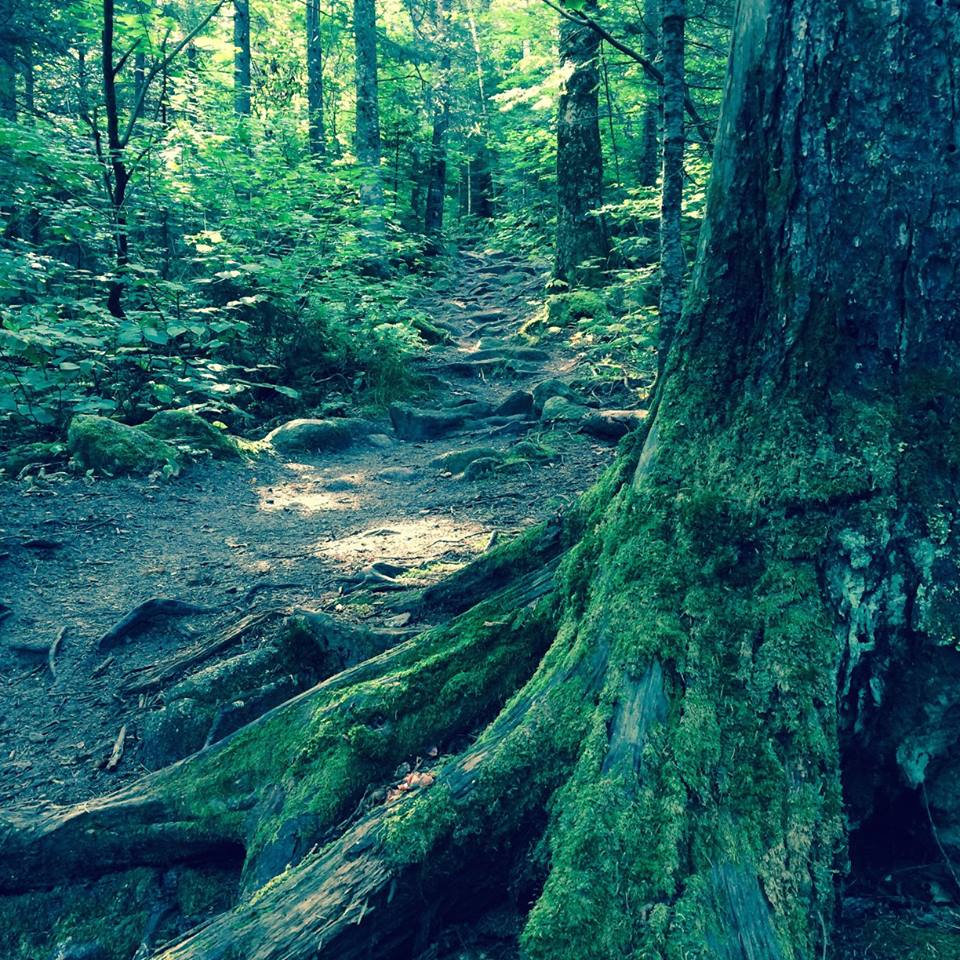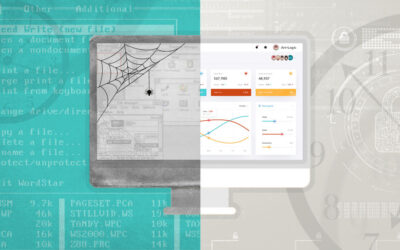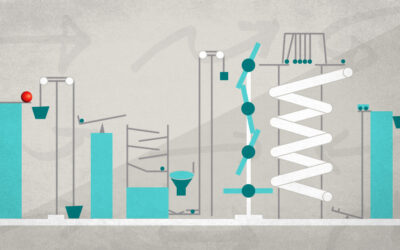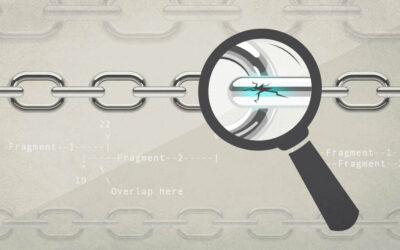Some days are hard.
On my tax forms, I check the box that indicates that my job is “Sales.” That’s not exactly true but it’s easy. My father thinks I write contracts and negotiate business deals. The rest of my family sees me as a sort of extra-long titled administrator: a Bee Watcher, to reference Dr. Seuss.
What I really do is entirely relational and it is the type of work I have done my entire life. Outside of Art & Logic, I’ve been a Youth Minister working with high school students. I volunteer educating elementary school kids about nature. I teach in the arts. Later this summer, I will train as a Maine CASA, acting as an advocate for children in Maine foster care.
I am also an avid hiker, an outdoorswoman, and am fairly risk-adverse so I hold Wilderness Advanced First Aid certification, which means I’m capable and qualified to go into the woods and find you, set a broken femur using traction, keep you from entering volume shock, or diagnose traumatic brain injury. Once I stabilize you, I can then organize and execute a plan to get you out of the woods and to proper medical attention, where I can then relay to medical staff, in about 3 minutes, the entire SOAP of the incident and your care up until that point.
I know that sometimes, in helping those in crisis, I’ve got to be kind and gentle and encouraging. And I know that, sometimes, in order to make it out of real danger, I’ve got to let my patient scream and curse and hate me while forcing them to do what they don’t think they can. I know that at some point, I may need to perform CPR, not in hopes of reviving the deceased, but because the demonstration of effort to save one who is already long gone can allow the rest of the group, watching hopefully, to process reality, let go and then do what needs to be done to rescue themselves.
It is this advocation — helping, guiding, educating, crisis management — not sales or administration, which aligns with my vocation.
One of the most exciting and stomach-clenching moments for me at Art & Logic is when we are hired by a client. I am excited by the collaborative effort of creation and about providing a solution that solves the client’s business needs elegantly, but I often find that clients think only of the mountain they must climb and, in particular, the summit. They’ve packed their metaphorical backpack with water, food, an extra pair of socks, and a small first aid kit. My perspective is a little different at the beginning of a project. I hope for sunshine and a simple walk in the woods, but I know that we enter the effort Not Without Peril (1) and, unlike most clients, my pack is well provisioned and I have training and experience they don’t. I’ve traveled these trails and these mountains many times before and when the unplanned-for happens, if they trust me and don’t just sit down in the dirt, refusing to move, we’ll be successful.
Because that moment happens. Almost always — to a greater or lesser degree. A moment of recognition that what we are doing together is hard and, at times, tiring. When they realize that the expectations they had in their minds of the climb were wrong or inadequate. A moment when they become aware that the application needs to pivot to meet actual business needs, and pivot dramatically. That moment is, in my experience, nearly never the result of technology or a failure of process. It happens because of people and the psychology of people working towards a goal. The psychology tied to decision making and the fear of being lost. The part of our brains that causes us to goal-seek is very powerful; it is deeply tied to our survival in many cases. But it can also cause us to turn a blind eye to the obvious, to the alternative, to the safe and to the realistic.(2)
Those times when the unexpected happens can be hard days or weeks. But I haven’t left a client on the side of the mountain yet. And I’m proud of that; I’m proud to be a part of a company that values the humanity of our clients so much that I’m able to bring all of my experience, intuition, and tools to bear to accomplish that goal.
Recently, I was asked if I’d like to participate in the blessing of a piece of software we’d written. It was an unusual invitation but one I was honored to receive as Art & Logic strives to create relationships, both internally and with its clients, that respects and supports all experiences. Although I am not Catholic, the emotional intent of the blessing resonated with me. I sat on the conference call and listened to words intoned over the core business engine of the application. Code. Code sitting there written in a neat and very specific way, stepping methodically through a simple function which built upon another simple function and so forth until something very powerful was accomplished. I thought about the members of our team, sitting in the light of their monitors, with the kids finally bathed and in bed, with the rowdy dinner cleaned up from, with the sound of the peepers coming through the open window. I thought about them writing that code.
The blessing wasn’t focused on the application itself but on the people who wrote it and on the users who would use it. We prayed for their health, strength and guidance. It was, undeniably, a sweet respite in the drive we’d just finished to get alpha done. But I knew the backlog we had in VSO (Visual Studio Online) and I knew that the next four months were going to be hard, so I said a prayer for the client, too. I knew we were still hiking up and that, although short in distance, some of the steepest terrain lay before us. And then we had to get down. I said a prayer that I’d be able to draw upon my strength at the right times and in the right way to bring us home.
Because here’s the crux of it: Not much else binds people like working towards a mutual goal. The sweat, aching muscles and tears give way to exuberance when you’ve accomplished what you’d thought was impossible and step from the trail towards the car. You’ve got pictures in your camera of the views from the summit; you compare the gouge a pine snag left on your calf with the skinned elbow earned from catching a tree root; you laugh about vindictive algae-covered stream rocks; you drink the coldest beer and take off your boots. You have climbed the mountain and it is now yours to hold.
(1)“Not Without Peril: 150 Years of Misadventure On The Presidential Range of New Hampshire”, by Nicholas Howe. The phrase “not without peril” is part of the trail signage of the Presidentials reminding hikers that the weather and conditions can change quickly and that the terrain is difficult. Many have been injured and died climbing in this mountain range and that doing so is, despite somewhat innocuous appearance, not without peril.
(2)“Deep Survival: Who Lives, Who Dies and Why” is an excellent book by Laurence Gonzales. It delves into the neuroscience of survival and can easily be extrapolated into project survival, company survival, emotional survival, etc.
Legacy Vulnerabilities AKA Software Senescence
Does your business still have an XT computer in the back office because it's running that one version of some database software that your business depends on? Yeah, we know there is. Most modern software doesn't work like that. If you aren't keeping your custom...



